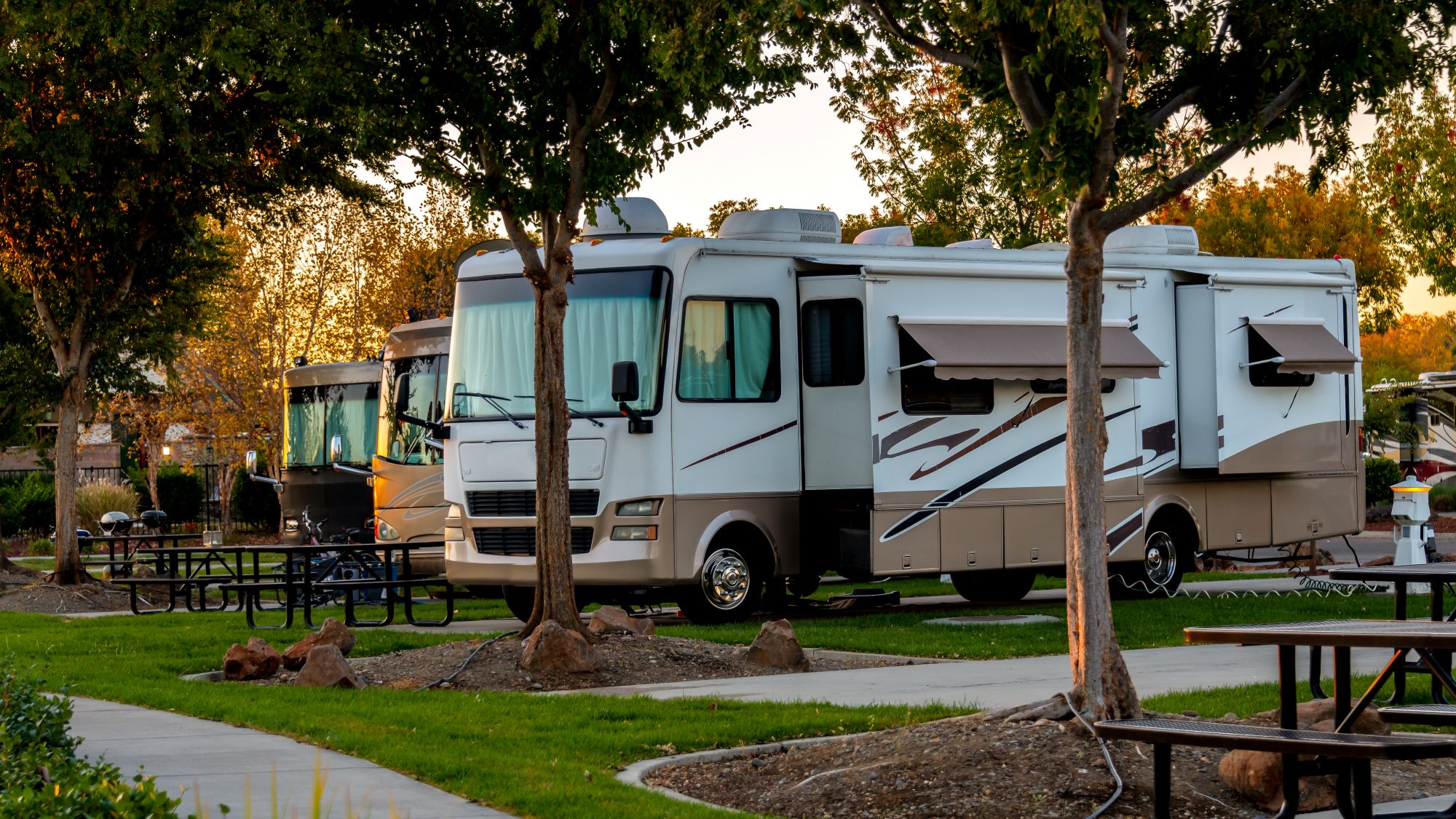
Operating an RV park involves navigating a complex landscape of regulations that can vary widely by state, county, and local government. Understanding these regulations is crucial not only for compliance but also for advocating effectively for your business’s interests. This blog aims to provide RV park owners and operators with a comprehensive guide to understanding the regulatory environment and how to engage in advocacy that promotes a favorable business environment.
1. Familiarize Yourself with Relevant Regulations
The first step in managing regulations effectively is understanding them. Regulations can cover a wide range of areas including zoning, environmental protection, public health, and safety. Here are some key areas to consider:
- Zoning Laws: These laws determine what kinds of activities can occur in certain areas. Understanding zoning laws is crucial for determining where you can locate an RV park and what services you can offer.
- Health and Safety Regulations: These include sanitation, fire safety, and emergency preparedness requirements. Compliance is not only a legal requirement but a critical component of guest safety.
- Environmental Regulations: These can include sewage disposal systems, water quality controls, and waste management practices. RV parks often face stringent regulations to protect the local environment.
2. Stay Informed About Changes in Legislation
Regulations and laws are dynamic and can change. Staying informed about these changes is crucial for maintaining compliance and adapting your business practices accordingly. Here are a few strategies:
- Subscribe to Industry Newsletters: Many industry associations provide updates on legal changes that affect the sector.
- Join Local Business Groups: These groups can be a good source of information and support when it comes to local regulatory changes.
- Regularly Review Government Websites: Many government departments post regulatory updates and resources on their websites.
3. Engage in Advocacy
Advocacy is about influencing public policy and regulations at various levels of government. Here’s how RV park owners can get involved:
- Join Professional Associations: Organizations like the Florida RV Park & Campground Association (FRVCA) can amplify your voice. These associations often have lobbying efforts in place to advocate for favorable policies.
- Participate in Public Meetings: Attend city council or county meetings where new ordinances affecting RV parks are discussed. Speaking at these meetings can influence decision-making.
- Build Relationships with Local Officials: Regular communication with local officials can ensure they understand the challenges and contributions of your business to the community.
4. Implement Compliance Strategies
Once you understand the regulations and your responsibilities, implementing compliance strategies is essential. Consider the following:
- Regular Audits: Conduct regular audits of your operations to ensure they meet all legal requirements.
- Staff Training: Train your staff on compliance issues, especially in areas like health and safety that directly affect guest experiences.
- Hire Experts: Sometimes, the best strategy is to hire consultants or legal experts who specialize in environmental law, zoning, or the specific regulations affecting your business.
5. Leverage Technology for Compliance
Technology can simplify compliance management through tools that help track and manage regulatory requirements:
- Document Management Systems: Use these to keep all compliance-related documents organized and easily accessible.
- Compliance Software: Specialized software can help you stay on top of regulatory deadlines and requirements, ensuring you don’t miss important updates.
Conclusion
Navigating the regulatory environment for RV parks requires a proactive approach to understanding, compliance, and advocacy. By staying informed, engaging with policymakers, implementing strong compliance strategies, and utilizing technology, RV park owners can not only ensure they meet all legal requirements but also actively contribute to shaping policies that affect their industry. Remember, being proactive in these areas not only protects your business but also enhances its reputation and stability.





